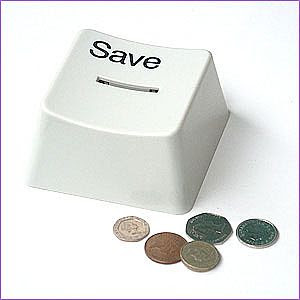 The myriad software applications, tools and utilities available on the market today can be a little overwhelming to the average consumer. Are there reliable, free anti-malware (e.g. anti-virus, anti-spyware) programs? Is there a free alternative to MS Office? Can you download free software to optimize and speed up your PC? The answer to all of these questions is “yes!” You just need to know where to look.
The myriad software applications, tools and utilities available on the market today can be a little overwhelming to the average consumer. Are there reliable, free anti-malware (e.g. anti-virus, anti-spyware) programs? Is there a free alternative to MS Office? Can you download free software to optimize and speed up your PC? The answer to all of these questions is “yes!” You just need to know where to look.I have comprised a list of several free programs that I have first-hand experience with and highly recommend. These programs are not just for those on a budget, but for those who are curious and just want to try something different. While some of these programs may not do “everything” that commercial software will do, most of them do a pretty good job. It is definitely worth a shot to give them a try. After all, you can’t beat the price and you just might be surprised with the results.
Anti-Malware
• Malwarebytes Anti-Malware
• SuperAntispyware
Anti-Virus software
• AVG
• Avast
PC Optimizers/Cleaners
• CCleaner
• ATF Cleaner
Productivity Suite (Nice Microsoft Office Alternative)
• Open Office
Photo/Graphics Editing
• Picasa
• Gimp
Sound Editor
• Audacity
FTP Client (Requires Firefox Web Browser)
• FireFTP
Email Client (Requires Firefox Web Browser – Yes, I love Firefox!!)
• Thunderbird
Remote PC Networking
• LogMeIn
Media Players
• VLC Player
These are just a few of the free programs that I have used. There are far too many to list in this article, but if you have any requests, please let me know what you are looking for and I’ll do my best to recommend additional software. You can also check out my website at www.toddkile.com for other tips and recommendations ... TK

